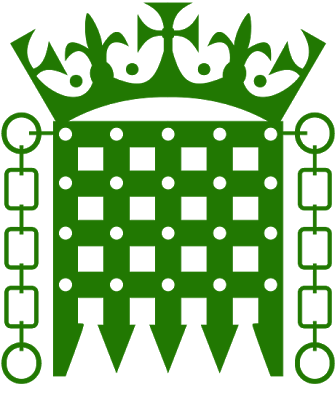Early Years Policy

I spoke with Children & Young People Now for their February edition about the work of my cross-departmental ministerial group to identify gaps in family support services for children from conception to age two, and how we are developing recommendations to address these.
There are resources being devoted to it right across Whitehall, with ministers involved from Health and Social Care; Work and Pensions; Housing, Communities and Local Government; the Home Office; Education; and the Treasury. I am delighted that everyone has shown such an interest in getting this right, and we are determined to make real progress in this important policy area.
The period from conception to age two is a critical one. There’s a wealth of evidence showing that the baby’s potential for lifelong emotional health is developed then, and so those earliest experiences profoundly determine a range of outcomes including their ability to communicate well, learn, hold down friendships and not become a victim or bully, and later on in life to make friends, find a lifelong partner, get a good job, be a good parent and, even at the sharp end, your prospects of success socially and not finding yourself on the path to crime.
The Heckman graph shows that the earlier you intervene, the greater the impact and lower the cost. If you focus on prevention by supporting new families in pregnancy, support in that earliest period helps them to be better parents, and that in itself leads to better outcomes for the family and child.
Read the full article here.






